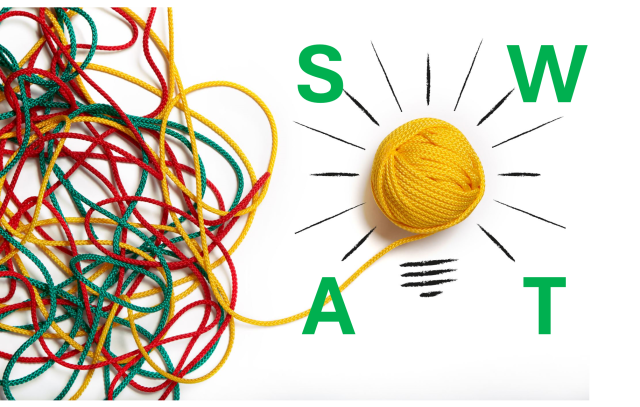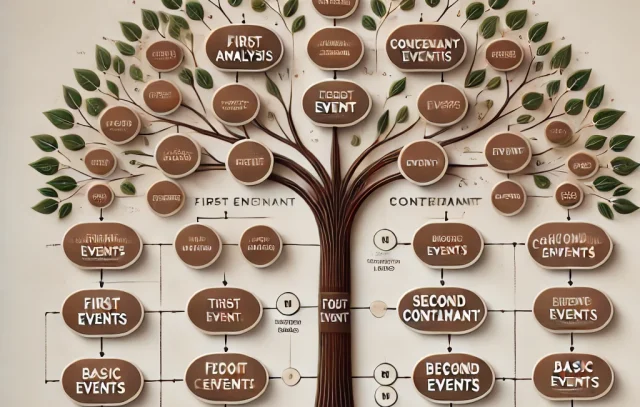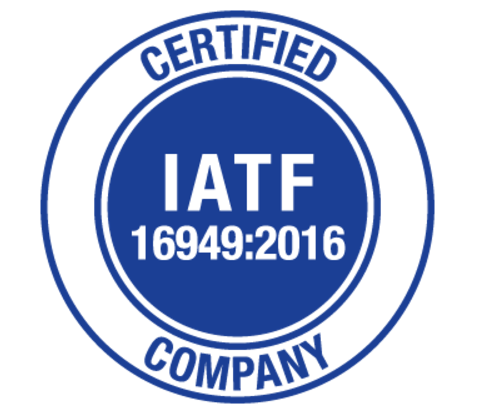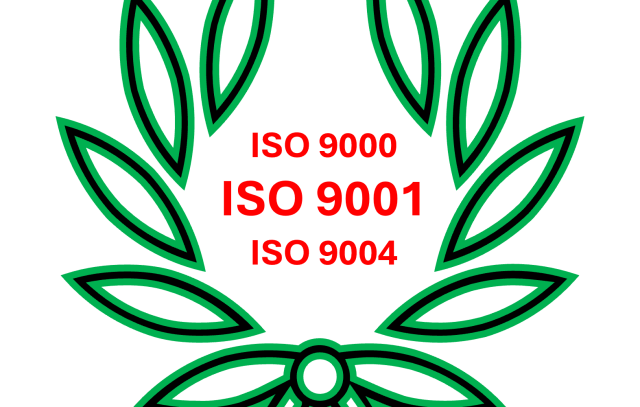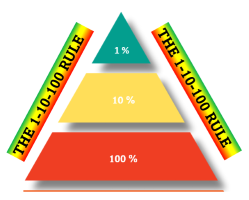Job Interview Questions – Answers for Quality Engineer Position
10 questions with possible answers that you can expect during your job interview

As an interviewer and interviewee with around 20 years of experience, I can say that you can expect the following questions most commonly during an interview for a quality engineer (QE) position.
Your answers are going to demonstrate your soft skills, professional expertise, and problem-solving abilities. Be sure to tailor the responses based on your personal experiences and the company you’re interviewing with.
- What do you know about our company, and why did you apply to us?
Here you can explain how you found this job posting, what you liked in the job description, and you can also mention which platforms you used to look up information about the company, e.g., if you visited their website, and what you learned about the company.
- What quality standards and methodologies are you familiar with?
If you are applying for a quality engineer position, you are certainly familiar with the ISO 9001:2015 standard or the industry-specific standard relevant to the sector in which the company operates. For example, if it’s the automotive industry, the standard is IATF 16949:2019, and if it’s the pharmaceutical industry, it would be ISO 13485:2016, just to mention a couple of examples. You should definitely familiarize yourself with these standards before the interview.
Additionally, it can be an advantage if you are knowledgeable in Six Sigma and Lean methodologies.
- What do you think your responsibilities would be as a quality engineer in the QA and QC areas?
In the QA area: facilitating continuous improvement, communication with customers/suppliers, participation in problem-solving processes, involvement in the preparation of process documentation. In the QC area: supporting the work of quality inspectors, creating quality inspection instructions, and supporting production.
Here you should know what the difference is between QA (Quality assurance) and QC (Quality control).
- What is 8D report and what is it used for?
The 8D is a problem-solving method that is typically used for internal issues or in response to customer complaints. It consists of 8 steps that guide us through identifying the problem, analyzing the root cause, and implementing corrective and preventive actions to ensure that the failure does not reoccur. In an interview, the interviewer may ask you to provide an example from your experience of how you led an 8D report, who you worked with, and which root cause analysis methods you used (5 Why / Ishikawa diagram).
- What is PPAP? What should you always request from a supplier as part of the PPAP package?
Here, you should explain what PPAP (Production Part Approval Process) is, its purpose, and which level of PPAP packages you might request from a supplier or what level of PPAP package your customer might expect from you.
The drawing, the process flow diagram, the Control Plan, FMEA, MSA, documentation proving process capability, customer specific requirements and PSW are among the most important documents to mention. You will need to mention the PPAP submission levels, which define what document package you need to prepare.
- What kind of documentation do you think a QE deals with?
Explain what documentation you’ve worked with so far and why you created them. You’ve likely had to prepare various reports, which you can also discuss.
As a Quality Engineer, you must definitely be involved in supervising a PPAP package, verifying its content, creating FMEAs, writing 8D reports, presenting and analyzing key performance indicators, and preparing presentations related to various tasks.
At the same time, you should be familiar with SOPs (Standard Operating Procedures), not only those related to your own organization but also those from other departments. You should also understand the documentation hierarchy.
- How do you collaborate with different organizations as a quality engineer to ensure product quality?
Working with various organizations as a quality engineer to guarantee product quality requires efficient coordination, communication, and the application of quality management concepts across multiple teams.
You can say that you work closely with departments such as engineering, production, logistics, design, and customer service to ensure that quality standards are maintained at all stages of product development and manufacturing.
Is you are responsible for suppliers: I maintain a strong relationship with suppliers, conduct supplier audits and work together on corrective actions if issues arise with incoming materials or components.
You perform root cause analysis with different departments or maintain clear and consistent documentation.
- How do you handle working under tight deadlines without compromising on quality?
Potential answer: By carefully managing time, prioritizing tasks, and maintaining open communication, I ensure that deadlines are met without compromising the quality.
Here, you can report your previous experiences, if any, on how you handled similar stressful situations. How did you manage your time, what did you focus on primarily, who did you get in touch with, and whose help did you ask to ensure the task was completed?
- Where do you see yourself in five years at the workplace, what position will you be in, and how far will you have progressed?
Here, they want to see how ambitious you are, how much you strive for advancement, and what your long-term plans are. Answer honestly and share what you think. The important thing is that your professional development should be your focus.
- What are your strengths and weaknesses?
Provide one or two examples for both. It will surely go well, since you are the one who knows yourself the best. It’s important that when talking about your weaknesses, you also mention that you are working on improving them in the long term. For example, you might say that you’re a bit impatient, but you try to overcome this by showing sincere attention and understanding towards others. This is just one example; you should say what truly applies to you.
Of course, many other questions may arise, but the above questions are those to which the answers will allow the interviewer to best assess your suitability for the position.
These answers cover the key responsibilities of a quality engineer, the knowledge and skills required, whether it’s the content of a PPAP package, an 8D report, root cause analysis, KPI reporting, or preparing documentation. Additionally, it highlights the soft skills necessary to perform the job effectively, such as collaboration, initiative, patience, precision, and proper communication, among others.
I encourage you to research the professional content of the answers and not just rely on these responses.
Good luck, go for it!

